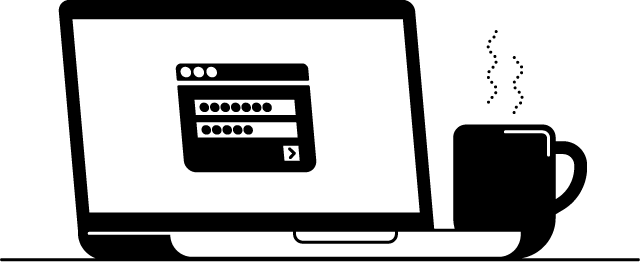Self Assessment explained
What’s a certificate of interest?
A certificate of interest (tax certificate) confirms the total amount of credit interest paid into an account over the tax year.
You might need a certificate of interest to complete your tax Self Assessment (your usual statements will show your credit interest if you want to calculate this manually).
You won’t need a certificate of interest for your 1st Account as we don’t pay any credit interest on this, but you may need one for your other accounts.
How do I get a certificate of interest?
You can either just get the figures or you can order a paper copy of your certificate of interest. Currently, you can't view your certificate of interest via our App or Online Banking. Please note: If you order a paper copy, it’ll normally take 10-14 working days to arrive.
To get a certificate of interest:
- via our App – go to ‘Help’, select ‘Chat now’ and type ‘Order a tax certificate’
- via Online Banking – select ‘Message us’ in the blue box and type ‘Order a tax certificate’.
To make next year easier, you can ask our chat team to set up an automatic annual issue of your tax certificate. So that’s one less thing to think about for your next Self Assessment.
